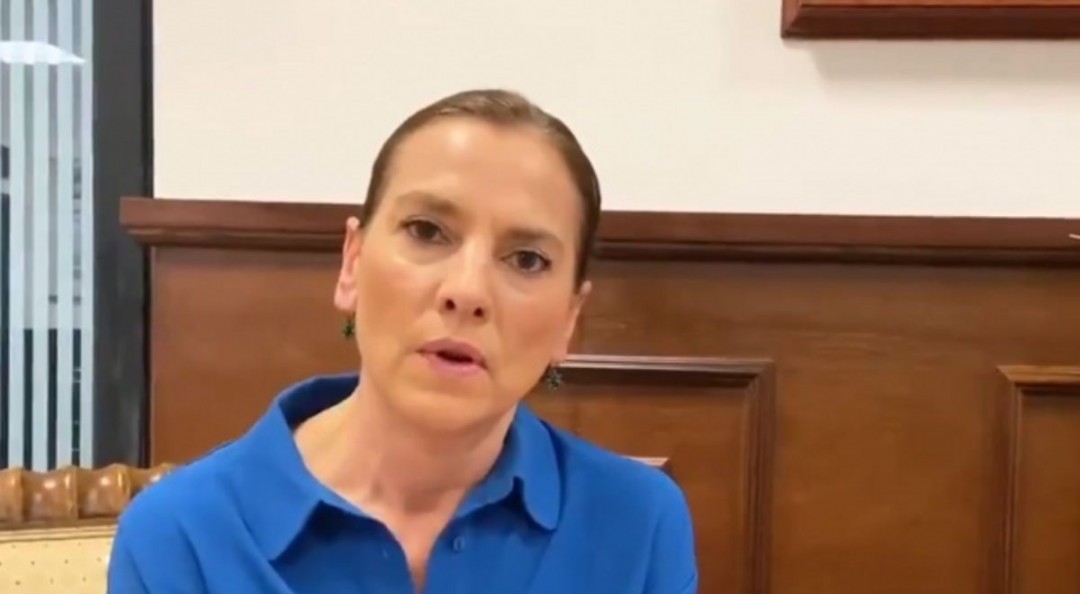India’s Covid vaccination drive hangs in balance, and so does the world’s

On April 11, India recorded almost 170,000 Covid-19 cases, a record for the country since the start of the pandemic. The day before, India crossed a different kind of milestone: Vaccinating 100 million people. It is this seesaw of despair and hope that India rides today, battling the outbreak with a healthcare system operating on the brink even as its pharmaceutical industry tries to fill the world’s prescription for vaccine doses.
India reached the 100 million vaccination mark in 85 days, faster than the U.S. and China, which took 89 and 102 days respectively. But the task ahead is formidable: the government of Prime Minister Narendra Modi has set a target of fully vaccinating 300 million individuals by July.
The arithmetic alone is daunting. India started with a stock of 100 million vaccine doses at the beginning of the year. Its two manufacturers–Serum Institute of India and Bharat Biotech— are equipped to produce 66 million doses per month through June, adding 396 million to the total. But they also have obligations to supply Unicef’s COVAX program and export agreements elsewhere to the tune of 80 million doses. That leaves 416 million doses for local use: 184 million doses short of the 600 million needed to reach the July goal.
ALSO READ: Best of BS Opinion: The mis-selling menace, Covid-19 vaccination, and more
Already, Pune-based Serum Institute–which makes the AstraZeneca shot, called Covishield in India–and Hyderabad-based Bharat Biotech–which makes the locally developed Covaxin–are at capacity. New vaccines from new manufacturers need to hit the market.
The shortage comes at a crucial time in the global fight against Covid-19 — and in India’s until now impressive vaccine diplomacy. The shipments have gone from Asia to the Caribbean, from Africa to Latin America in boxes tagged with the Sanskrit phrase Sarve bhavantu sukhinah, “may all be happy.” Bhutan has administered at least one dose to more than 60% of its population thanks to vaccines produced in India. New Delhi also supplied serum to Paraguay, which had been under pressure from Beijing to break its ties with Taiwan in order to secure China-made vaccines.
But the generosity of the diplomacy has earned the Modi government domestic ire. The Indian vaccine stock is distributed to all the states, which administer the healthcare system. The just-in-time replenishment has led to stock running out in some cities, generating criticism of inequitable vaccine availability as the exports continue and as local inoculations are limited to people 45 years old and above.
Many of the country’s more industrialized states are suffering a surge in infections and want vaccine priority as well as an exception to age eligibility in order to serve their younger populations. The Modi government has categorically refused to do so. It is, however, working to allocate larger supplies to cities that have become pandemic hot spots.
There is potentially some relief ahead. Russia’s Sputnik V vaccine was approved on April 12 by an independent expert panel and received immediate certification by the Drugs Controller General of India. Hyderabad-based Dr. Reddy’s Laboratories will become a manufacturing hub for Sputnik, producing 1 billion doses, with 250 million marked for local use. The Russian Direct Investment Fund is also in talks with other Indian manufacturers.
ALSO READ: India’s Covid crisis stems from arrogance, hyper-nationalism, incompetence
A vaccine from Zydus Cadila, an Ahmedabad-based firm, may be next to get an approval. Johnson & Johnson may soon undertake a bridging trial for its single-dose vaccine to be manufactured for local as well as export market — though its current pause in the U.S. to assess fears of blood clotting may become an issue in India as well. On April 13, the government also allowed the use of all vaccines certified by U.S., EU and Japanese regulators.
There is much to admire about India’s efforts: It has managed to scale its medical manufacturing efforts to global proportions and earn the title of pharmacy of the world. When the pandemic ends, it will be with the tremendous assistance of India’s pharmaceutical industry. But, right now, we are nowhere near declaring that victory. Even if India fully vaccinates 300 million citizens by July, that’s just about one third of the total population. Meanwhile, the pandemic is raging unabated, sparing not even younger people. For now, India’s fight against Covid-19 hangs in balance. And so does the world’s.
(The views are personal.)
 Dear Reader,
Dear Reader,
Business Standard has always strived hard to provide up-to-date information and commentary on developments that are of interest to you and have wider political and economic implications for the country and the world. Your encouragement and constant feedback on how to improve our offering have only made our resolve and commitment to these ideals stronger. Even during these difficult times arising out of Covid-19, we continue to remain committed to keeping you informed and updated with credible news, authoritative views and incisive commentary on topical issues of relevance.
We, however, have a request.
As we battle the economic impact of the pandemic, we need your support even more, so that we can continue to offer you more quality content. Our subscription model has seen an encouraging response from many of you, who have subscribed to our online content. More subscription to our online content can only help us achieve the goals of offering you even better and more relevant content. We believe in free, fair and credible journalism. Your support through more subscriptions can help us practise the journalism to which we are committed.
Support quality journalism and subscribe to Business Standard.
Digital Editor







